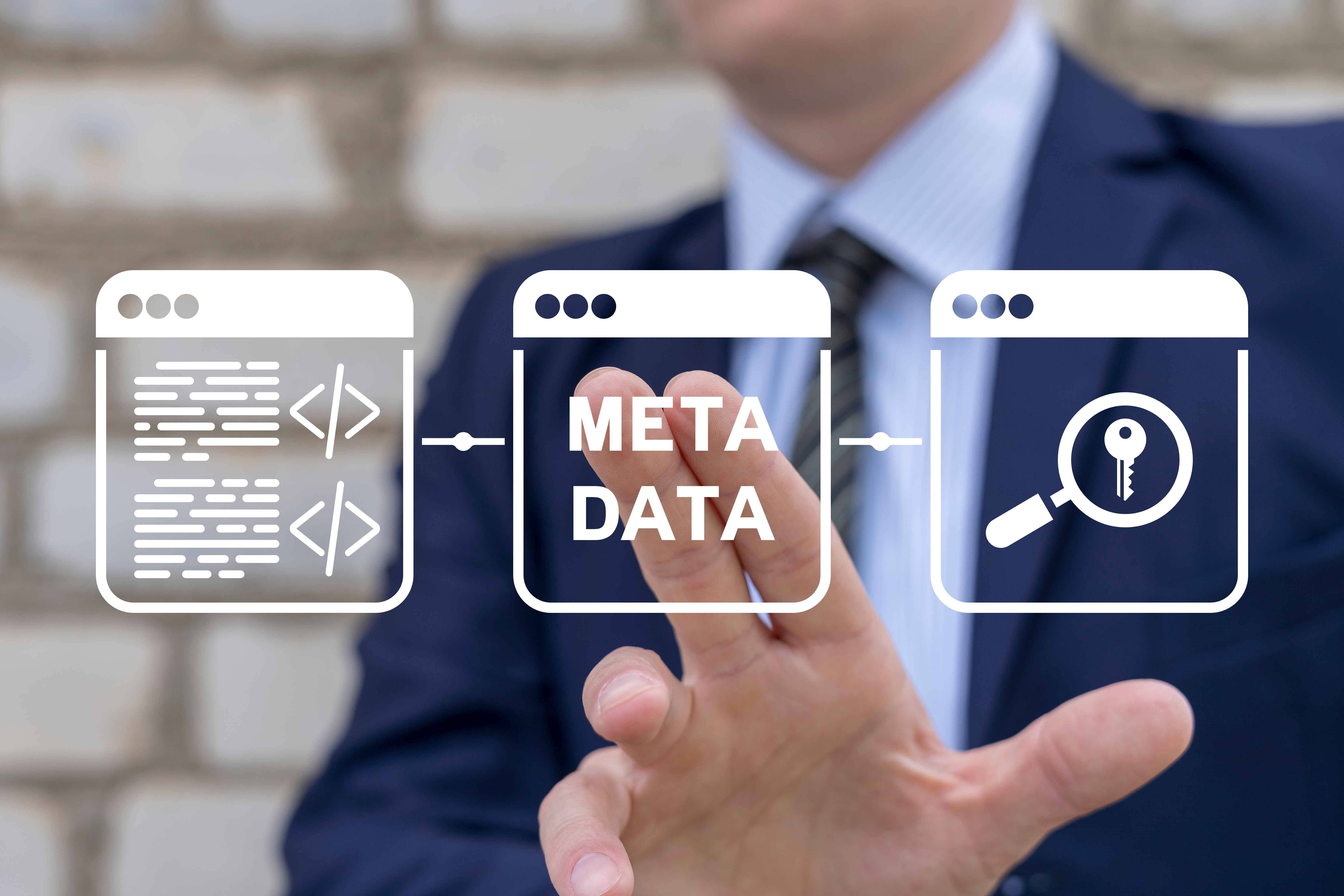 BIG DATA
BIG DATA
 BIG DATA
BIG DATA
 BIG DATA
BIG DATA
As theCUBE Research has been tracking, the transformation of data management systems has been gradual yet profound. Over the past decade, organizations have increasingly recognized the value of separating computational power from data storage, leading to more centralized data consolidation and management. Informatica Inc., a data integration and management leader since the 1990s, has evolved into a comprehensive data management platform that integrates artificial intelligence and metadata to enhance data utilization across various industries.
As we have discussed in past articles about the Sixth Data Platform and the rise of the Intelligent Data Platform, integrating islands of metadata into a coherent knowledge graph presents numerous challenges. AI will play a crucial role in this integration, but human in-the-loop remains critical, especially in ensuring data quality, consistency and governance. The complexity of creating a unified metadata platform is significant, as it involves harmonizing diverse data types and structures across different systems and applications.
Informatica leverages data network effects by unifying metadata across the entire data lifecycle, from ingestion to activation. This approach allows it to enhance metadata quality at each step, similar to how platforms such as Netflix improve their services based on user interaction data. Informatica’s comprehensive understanding of metadata not only enhances its products but also enables customers to achieve more efficient and effective data integration and management. This is critical when organizations are building their data products.
AI is integral to Informatica’s strategy, particularly in data ingestion and harmonization. AI algorithms recommend optimal data sources, join paths, and transformations, significantly enhancing productivity and data quality. This AI-driven approach allows Informatica to automate complex processes, such as creating data pipelines and managing data in real time, which traditionally required extensive manual intervention.
One of the unique aspects of Informatica’s platform is its advanced entity resolution capabilities, essential for creating accurate 360-degree views of customer data. Its AI models can automate the deduplication and integration of vast amounts of data, achieving high accuracy levels and improving over time through machine learning. This is unique and could be one of the keys to building the Intelligent Data Platform because data quality and consistency are extremely important.
Informatica uses AI to assist different data stakeholders, from data engineers to business analysts. AI-driven metadata management helps these users explore data more effectively, make informed decisions and automate routine tasks, enhancing overall productivity and decision-making capabilities.
Despite advances in AI and metadata management, many organizations still face challenges related to data silos and insufficient integration of AI into their data management processes. These limitations hinder the realization of full data network effects, where each piece of metadata enhances the overall system’s value. We see this as a critical limitation of many of the current approaches and one that must be overcome to get to the Intelligent Data Platform.
Looking ahead, Informatica aims to continue integrating AI more deeply into its platforms to drive innovation in data management. We will be diving deep at Informatica World 2024 from May 20th through the 24th, seeing what questions the customers are asking and what is announced. We expect their focus will be on developing systems that can anticipate user needs and streamline data processes more effectively. This will likely involve more sophisticated AI models that can handle increasingly complex data management tasks without extensive human intervention.
We believe that Informatica’s approach to AI-powered metadata management represents a significant advancement in how organizations handle and derive value from their data. By integrating AI across all stages of the data lifecycle, Informatica enhances its product offerings and empowers its customers to manage metadata and data more effectively, paving the way for the Intelligent Data Platform, Data Products, and Data Apps. As we continue to dig into what the next Intelligent Data Platform looks like, how composable they are, and what the reference architecture is ideally composed of, we will continue to break down the vendor speak into actionable insights.
Here’s the full research video with Gaurav Pathak, vice president of product management for AI and metadata at Informatica, where we dig into the metadata on metadata:
Support our mission to keep content open and free by engaging with theCUBE community. Join theCUBE’s Alumni Trust Network, where technology leaders connect, share intelligence and create opportunities.
Founded by tech visionaries John Furrier and Dave Vellante, SiliconANGLE Media has built a dynamic ecosystem of industry-leading digital media brands that reach 15+ million elite tech professionals. Our new proprietary theCUBE AI Video Cloud is breaking ground in audience interaction, leveraging theCUBEai.com neural network to help technology companies make data-driven decisions and stay at the forefront of industry conversations.